You must have seen snakes moving around your coop or backyards only on summer days, as they hibernate in the winter due to the cold.
Mostly, they come when the homestead or the farm is near the woods. I have also lost some of my chickens due to my mistakes.
If you can’t drive out these reptiles in time, they will eat out eggs and birds every day and finally destroy the whole flock without your knowledge.
So, I have come here with my experience and let you know how you can keep snakes out of the chicken coop in time.
Why Do Snakes Like Chicken Coops
Snakes tend to roam around areas where they can find food. These are carnivorous and can eat meat, including bugs, fish, birds, and mammals.
There are several types that come to the chicken coop for different purposes.

Some venomous are venomous, such as rattlesnakes, copperheads, and cottonmouths, while rat snakes and corn snakes are non-venomous.
Besides, garter snakes and ribbon snakes are small and harmless to the chicken coop. Your chickens themselves can peck these snakes to pulp.
The venomous snakes can be a threat to keepers while cleaning coops, feeding chickens in the coop, and collecting eggs. Though non-venomous don’t harm you, they eat chicks and eggs, which they enter the coop for the same purpose.
They also look for rodents hiding around in the chicken house.
You must know the reason why your chicken coop is a good place for snakes. Maybe your chicken coop is a warm, dark, and quiet place, as snakes like such hideouts.
8 Ways to Keep Snakes Out of Chicken Coop
1. Block All Gaps and Cracks
I have seen snakes easily squeeze through tiny spaces, due to their flexible body. Also, they are good climbers that can get into the coop through a hole as small as a snake, within 3 feet of the ground.
From what I understand, snakes find the weak point in the coop or enclosure, as the holes are barely finger-width. So, you need to inspect the holes or cracks (1/4 inch) under doors, vents, corners, and nesting boxes.
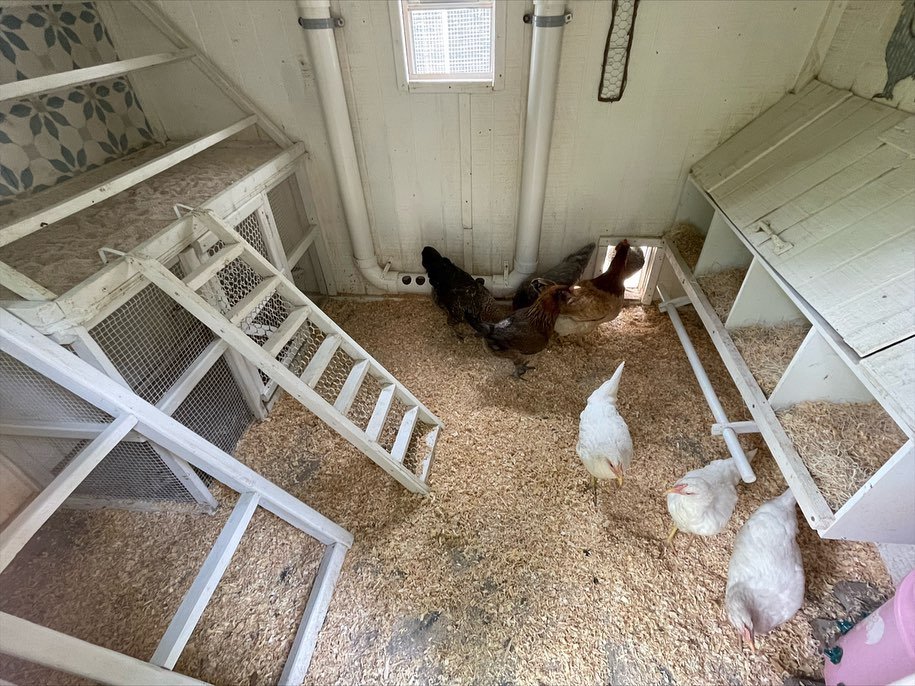
Also, don’t forget to check underneath the pans and feeders.
You can also install timber backstops to limit or reduce the amount of space for ground predators.
Another thing to check is how to prevent anything from coming under the coop. When I set up my chicken coop, I buried a rectangle of railway sleepers to tighten the enclosure.
There, I also put a few broken tiles mixed with gravel and hardcore into the outside and bottom of the coop and sealed it with concrete. The stuffing was soil, and wood chips, and concrete was paved outside up to the ground level.
You can also use wire mesh, hardware cloth, or expanding foam to secure your chicken coop during the initial stages of building or installing it.
Install fine wire mesh and bury it a few inches deep around the whole coop perimeter. Make sure the fence leans outward slightly, which can give extra protection. This helps stop burrowers from creating a tunnel and prevents snakes from climbing.
2. Use 1/4-Inch Hardware Cloth (Not Chicken Wire)
The chicken wire is too wide between the frames and not strong, aesthetically pleasing, or easy to secure the coop from predators.
Raccoons, foxes, coyotes, and dogs rip off and get through chicken wire. Also, snakes can slip through the large space of the wire easily, so hardware cloth is the upgrade. Take a pair of pliers and straighten the wire out.
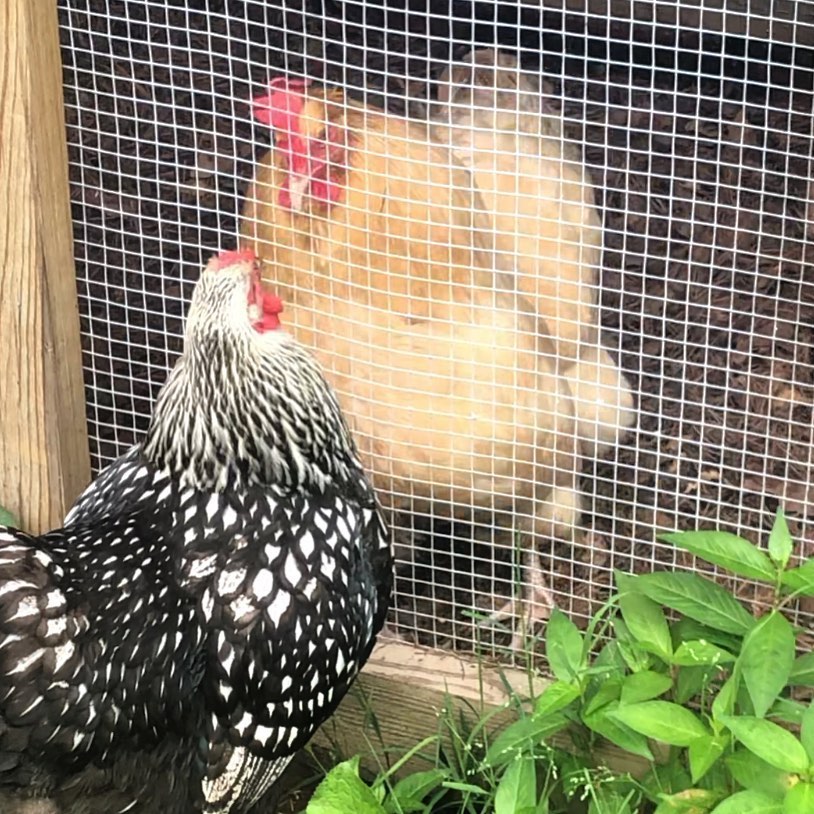
For other predators, 1/2 inch hardware cloth is sufficient, but snakes again enter through it easily. So, I recommend you use 1/4-inch hardware cloth for coop walls, vents, and windows.
3. Keep the Area Around the Coop Clean
I see many keepers complaining that predators come from the backyard bush or grass. These are only hideouts of predators that are looking for a single chance to jump on chickens.
Tall grass, wood piles, old garden equipment, fallen leaves, or clutter are the main spots that attract snakes and rodents.
So, you need to keep vegetation around the coop trimmed and remove debris regularly. This helps you monitor the unexpected animals moving around the chicken, and your birds also become more alert after observing them in visible spots.
I like mowing grass in the backyard and feeding my meat goats. Also, dumping the biodegradable debris in the compost pile helps you get the organic compost for your vegetable garden.
4. Control the Rodents
Many people still believe in a myth that keeping rat snakes can deter venomous snakes. Rat snakes would rather avoid eating other snakes, especially venomous snakes. They befriend copperheads or rattlers to share a den in the winter.
Also, keepers are interested in keeping rat snakes as they prey on mice, rats, and squirrels, which can finish the chicken feed.

But they can also eat chicken eggs and sometimes rabbits. If they’re big enough, they can swallow the smallest flock of birds.
You need to understand that rats can be the prime reason snakes frequently visit the coop, so you need to switch your focus to the main cause. You have to eliminate their food sources first. Store the feeds in the tightly sealed containers and use sealed feeders.
Don’t leave spilled feed in the coop, or clean the chicken coop regularly.
You might think of assigning your cat to this job, but that will again turn into a predator of your chickens. Instead, use rodent traps.
5. Elevate Your Chicken Coop
If your coop is near the pond or mud and in a moist or sloped area, it’s wise to elevate it off the ground. This helps you prevent ground predators from accessing the coop. Though snakes are good climbers, the hardware cloth can block them.
I recommend you raise the coop 12 – 18 inches off the ground, which can discourage snakes from hiding underneath. Also, it allows the coop to have better airflow and improve ventilation for your flock.
When building the coop this way, make sure you completely stand up in the whole coop as opposed to a sloped roof, where you need to hunch over.
This helps you clean out the coop without breaking your back.
6. Use Natural Snake Repellents
I often sprinkle cedar oil around the hen house. It’s easy to make: mix 2 tsp of cedarwood essential oil per gallon of water and add a few drops of biodegradable soap.
Use only natural and safe snake deterrents such as sulfur powder, cinnamon oil, clove oil, and white vinegar spray around the coop.
Besides, you can grow some snake repellent plants such as marigolds, lavender, rosemary, lemongrass, cactus, and mugwort in the perimeter of the chicken house.
7. Collect and Store Eggs Regularly
How often do you collect your chicken eggs?
Leaving eggs in the coop often attracts snakes, which can gobble them up and terrify your hens from laying eggs.
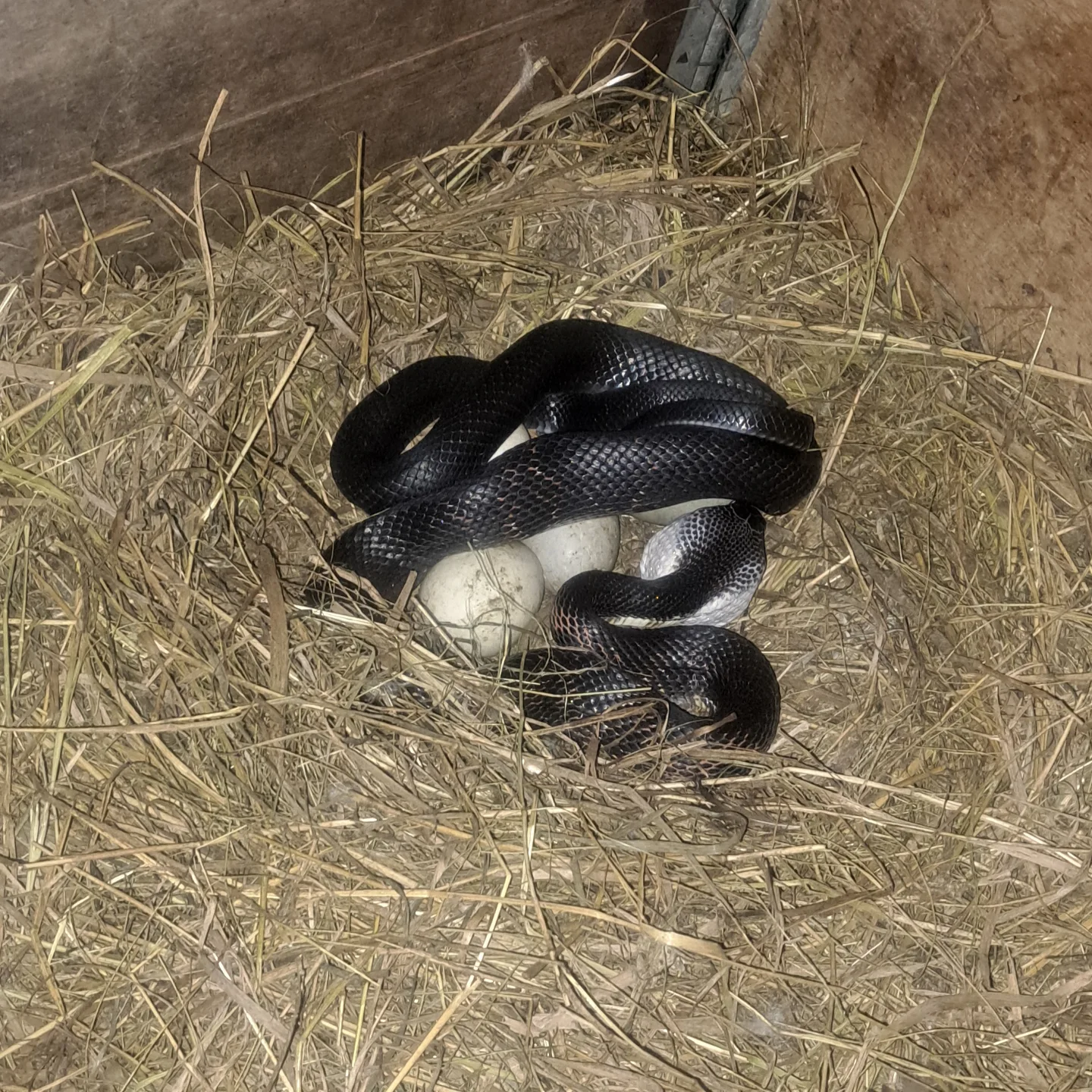
Chickens also crack and eat eggs if not collected for a long time. So, keepers need to check the nest and collect eggs daily. The routine depends on the number of layers and how often they lay eggs. Once a day, twice or thrice a day.
Also, use nesting boxes with small entrances to deter predators.
8. Get Coop Guardians
The good news is that your homestead animals can protect chickens from snakes. Barn cats, guinea fowls, geese, farm dogs, and peafowls.
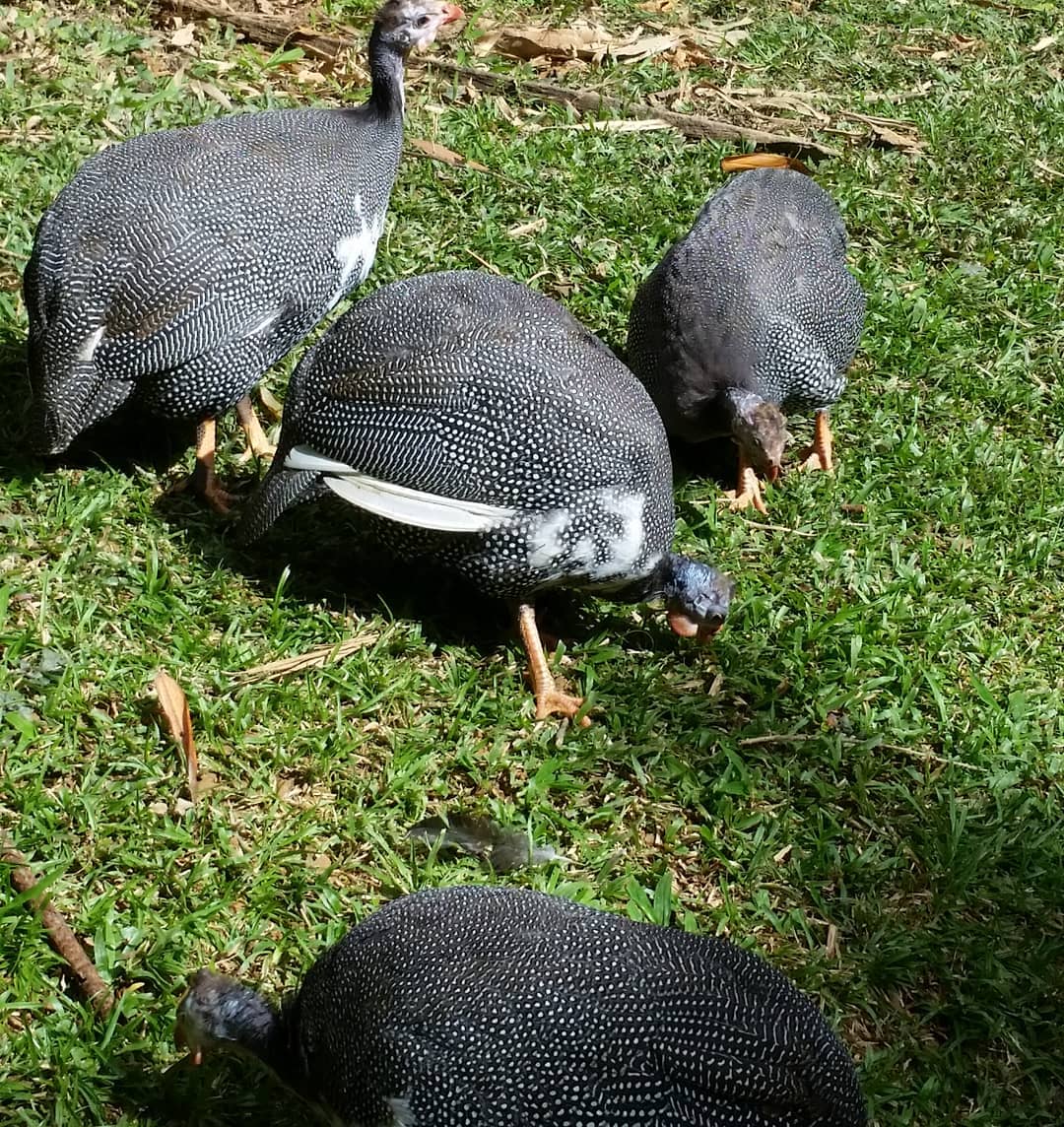
They can alert the flock with their vocal sound and even chase snakes off the coop or yard. Guinea fowls, turkeys, and peafowls can snatch and eat them.
For this, you need to raise these livestock, providing them with shelter and feeding them, which can be costly.
Final Thoughts
To keep snakes out of the chicken coop, you need to check fences and patch or seal them monthly, and replace worn mesh or wood.
You can also keep feed in metal bins and install raised nesting boxes.
I don’t recommend you handle the snake if it has already entered and hidden in the coop. Call professionals for help, who can safely rescue it and leave it in a safe place.



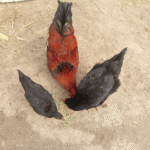
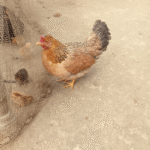

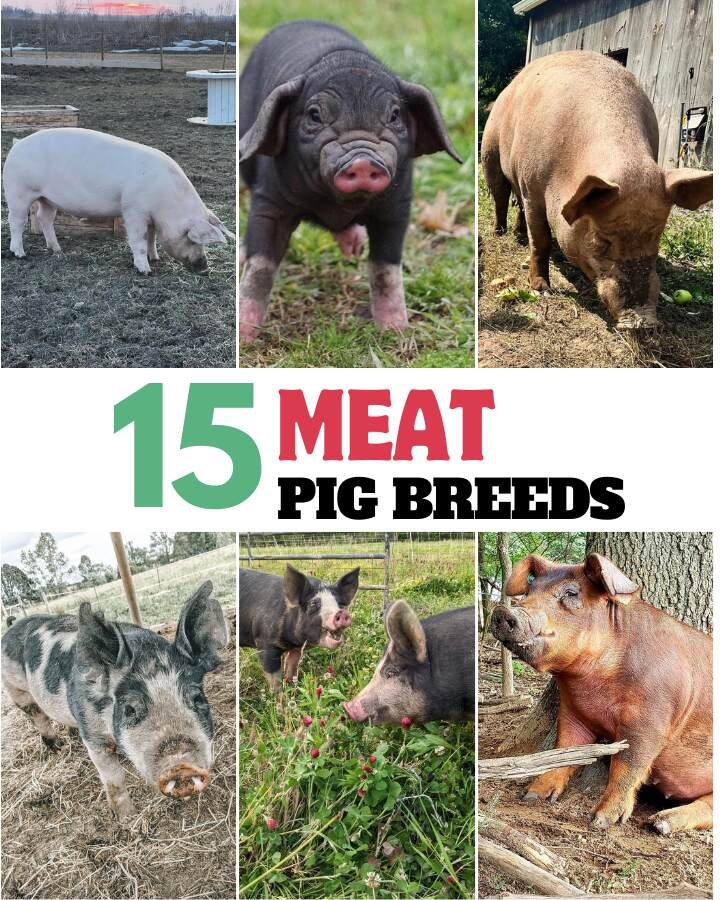
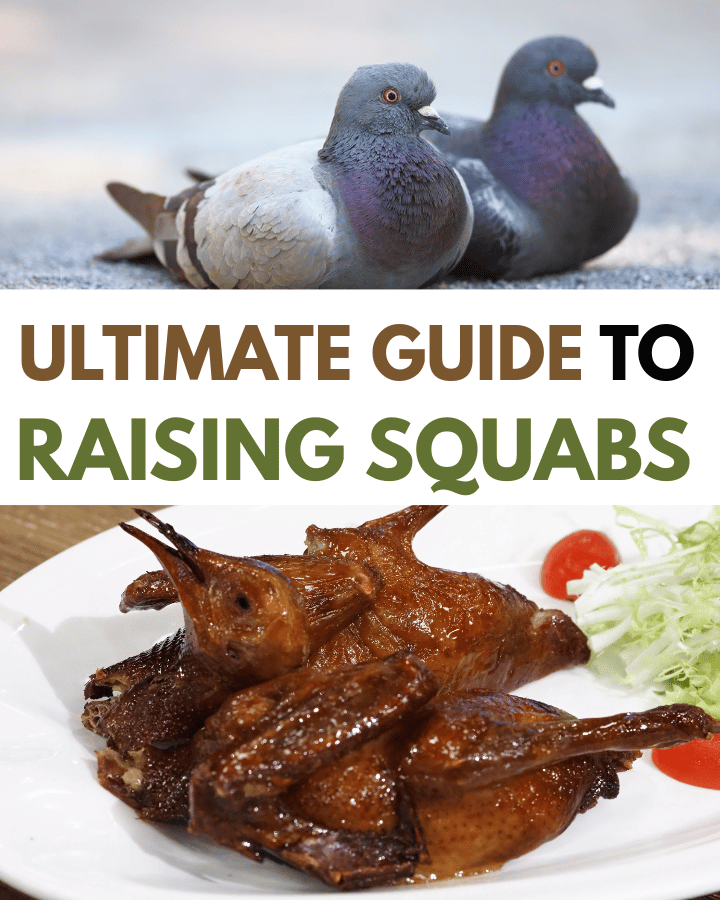
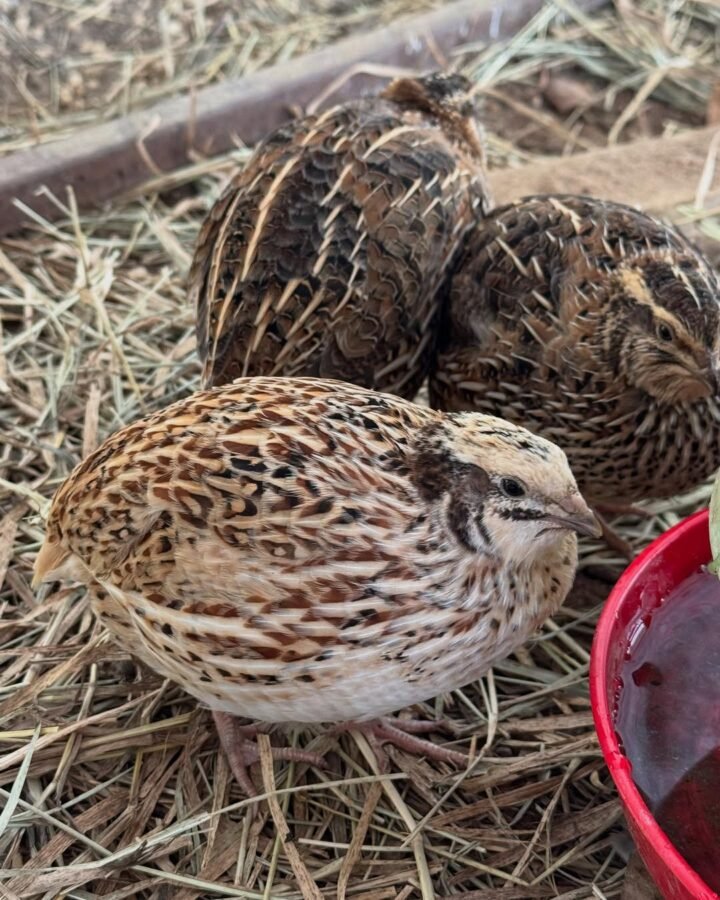
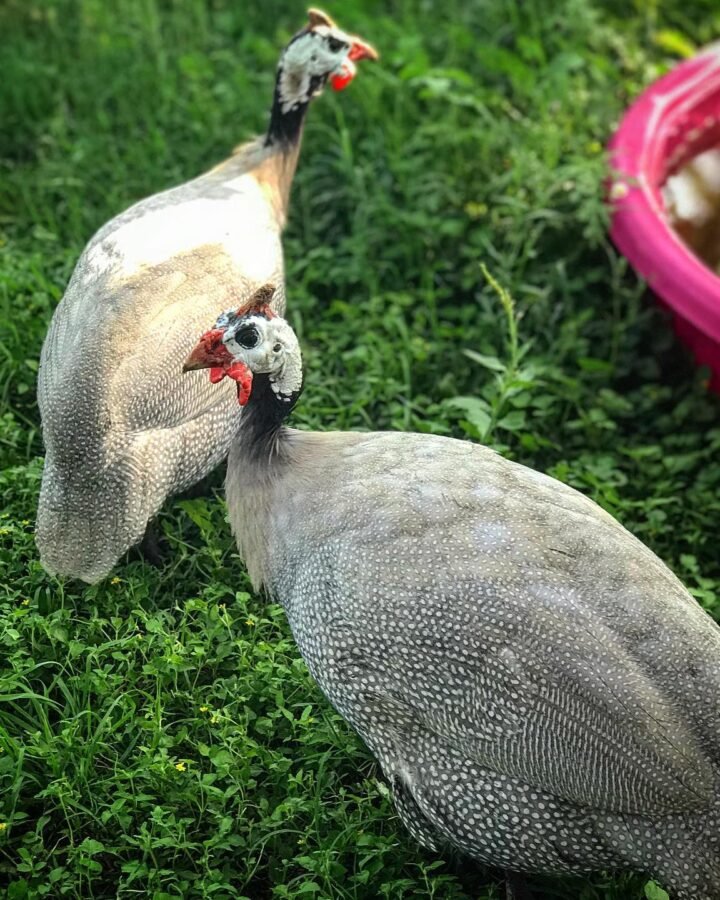
Leave a Reply